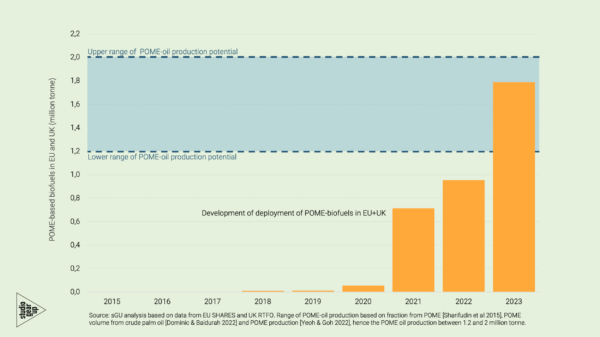For: TKI Gas
[Jul – Sep 2015]
For TKI Gas, studio Gear Up analysed the technology developments of hydrogen and its application for transport and energy storage. The analysis addressed the necessity for innovation support by TKI Gas to establish synergies between the ongoing hydrogen developments and the existing gas sector in the Netherlands.
The final report (in Dutch) can be found here:
Technology Assessment Waterstof; Analyse van de mogelijkheden van verschillende waterstofketens en de rol die TKI Gas kan spelen in de innovatieondersteuning in Nederland
About TKI Gas
Clean and efficiently generated energy which strengthens the Dutch economy. This is what the Top Sector Energy, established by the Dutch government, aims to achieve. Energy innovations contribute to the reduction in costs and CO2 emissions, the development of renewable energy sources and the smarter utilisation thereof. Energy research and innovation are fundamental transition towards CO2 free Dutch energy management.
The Top Sector Energy consists of seven Topconsortia for Knowledge and Innovation (TKIs) in which business, knowledge institutions and government work together to transforming ideas into sustainable innovations and sustainable growth.
These TKIs are Offshore Wind, Gas, Switch2SmartGrids, EnerGO, Solar Energy and – shared with the Chemicals Top Sector – Biobased Economy and ISPT (sustainable process technology).
TKI Gas wants to emphatically involve the entire gas sector in the necessary transition and innovation. TKI Gas takes up various interconnected matters: greening of the actual structure of the gas market, gas as an enabler for volatile renewables such as wind and solar power, and gas as a substitute for fuels that are severely eco-polluting. TKI Gas also works on smarter production and application of gas, and on innovations in efficiency in the entire energy mix.


